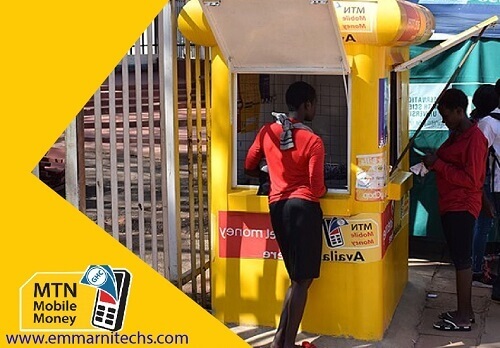The coronavirus pandemic has caused a lot of significant economic setbacks around the world, with Africa included.
The pandemic made all the headlines throughout the year 2020 into 2021. Businesses and industries came to a halt as the virus continued to spread from one nation to another.
Data gathered showed that industries that were affected the most by the pandemic appeared to be aviation, gambling, petroleum drilling, banking and hospitality.
Although many industries affected by the pandemic registered a decrease in growth, the mobile money industry in Africa remained unscathed by the pandemic. The mobile money industry is now moving through a period of rapid growth.
The pandemic has been a positive occurrence to the mobile money industry.
The bans and lockdowns that the governments imposed to curb the spread of the virus led many people to divert to the sector, thereby contributing to the industry’s growth.
Before the Covid-19 pandemic has begun spreading worldwide, the mobile money industry had a vibrant presence, with people finding it use much more convenient than having to go to the bank each time they needed to send money to nearby relatives.
The service is offered mainly through the telecommunications companies in Africa through registered agents situated in several nations.
The involvement of the telecommunications industry in the mobile money industry made it easier for ordinary person to use the service.
Because Africa is among the most under-banked regions globally, the mobile money introduction into the continent was a great way for people to transact money.
It’s fair enough to say that the industry was doing pretty well before the pandemic. A total estimate of 690 billion transactions was carried out, with over 60% of the figure coming from Africa.
During the pandemic, when governments were forced to close down schools, banks, sports places, and events to curb the spread of the virus, the use of mobile money further went up.
Most people could no longer transact business outside as some people were even afraid to do so. Such people had to resort to the use of mobile money to send and receive money.
M=Pesa in Kenya recorded growth in the number of users by a million after the country went on lockdown.
A similar thing happened in Nigeria as a digital tech bank in the giant African nation recorded growth in customers when lockdowns were announced.
People in Togo were able to wait for Covid-19 relief as they could receive financial help from people outside their region through the use of the mobile money apps they had. They helped the people to stay in place as they waited for the relief supplies to reach them.
People used mobile money services during the lockdown periods of the pandemic as the people could not access the banks anymore.
All that mobile money account holders had to do is collect the receivers mobile number and send the money to the receivers mobile money account.
This digital payments method helped people stay indoors during the pandemic as they send and receive money without leaving the comfort of their homes. All these together contributed to the growth of the mobile money industry in the African continent.
The industry has experienced tremendous growth in this pandemic era, and it is sure to keep growing at a steady pace. In Africa, the mobile money service was already gaining ground due to its introduction into the telecommunication companies’ system.
And since most Africans do not earn enough money to save at banks, most of them keep their money on the virtual wallet that comes with the mobile money application on their smartphones.
The industry is sure to keep growing even after the total eradication of the pandemic as more people would want to transact money business from their comfort zones.
Due to this, some banks have collaborated with the mobile money industry players to allow their customers to link their mobile money accounts to their bank accounts to send and withdraw money without having to visit the bank.
All these show how the mobile money industry has thrived when all business is supposed to have a hard time.
And this growth is sure to continue into the near future.



